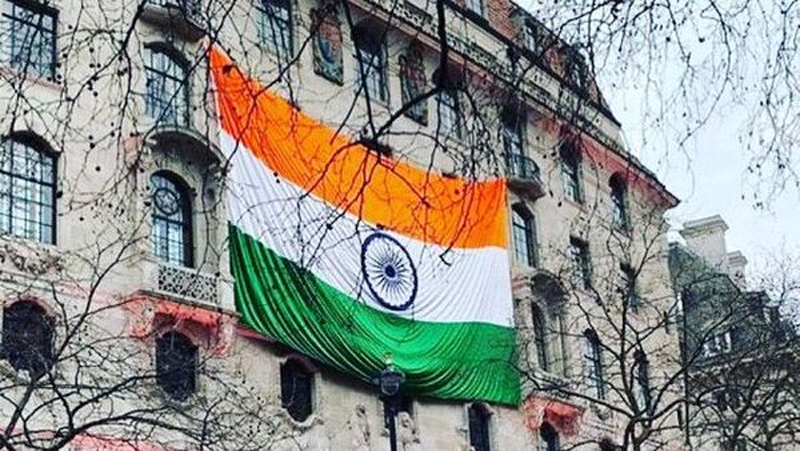The National Security Advisor has raised concerns about extremist elements in the UK threatening officials of the Indian High Commission during a meeting with the British NSA. The Indian side urged the UK Government to take strong action against these elements, such as deportation or legal prosecution. Both countries agreed to enhance cooperation in addressing violent extremism, terrorism, counter-terror financing, illicit drug trafficking, and counter-radicalization. The Indian Ministry of External Affairs had previously stated that advocating violence or legitimising terrorism in the name of freedom of expression should not be tolerated.
India has experienced the consequences of such activities carried out by pro-Khalistani elements in various countries in the past. These activities included assassinations of diplomats and generals, hijackings of planes, and mid-air bombings of passenger planes. Additionally, numerous blasts targetted Indian embassies as well. While these elements were relatively inactive for a few decades, they have recently resurfaced. What is more concerning is that certain countries are not taking adequate measures to prevent such incidents. The vandalism of the Indian Consulate in San Francisco, the flag incident at the Indian Embassy in the UK, and the recent Canadian posters issuing direct threats to Indian diplomats and advocating for a Khalistan referendum are all deeply concerning. It is important to recognise that terrorism cannot be nurtured under the guise of freedom of expression. It is the responsibility of the respective countries to take appropriate actions to control and prevent these anti-India activities on their soil.
Such activities in friendly countries can indeed have an immediate impact on bilateral relations. India has rightfully raised objections at every possible level, with the External Affairs Minister and the NSA actively engaging diplomatic channels to address the matter. It is evident that Pakistan’s intelligence agency, the ISI, is attempting to revive the Khalistan movement in India. Earlier efforts were made within India to incite religious fervour in Punjab, but the Government’s prompt action in apprehending troublemakers prevented the situation from escalating. Frustrated by the timely response from the Indian Government and the lack of support from the people, these elements are now attempting to fuel anti-India sentiments on foreign soil. Indian agencies have filed cases in India and have sought CCTV footage and assistance from the agencies in the respective countries to identify the perpetrators of these anti-India activities. Mutual treaties and cooperation are being utilised to deport these individuals and initiate legal action against them.
India expects that the countries where these pro-Khalistani elements are currently active understand and acknowledge Indian concerns and take appropriate actions accordingly. According to the Vienna Convention, such activities should not be allowed to take place on their soil in the first place. India must safeguard its diplomats and interests, and if any country permits such activities to occur within its jurisdiction, India must respond appropriately. In New Delhi, every embassy and diplomat is provided with robust security measures, ensuring that no one can approach these diplomatic premises. India expects the same level of security and decisive action against anti-Indian elements in other countries as well.
Trending Now
E-Paper


